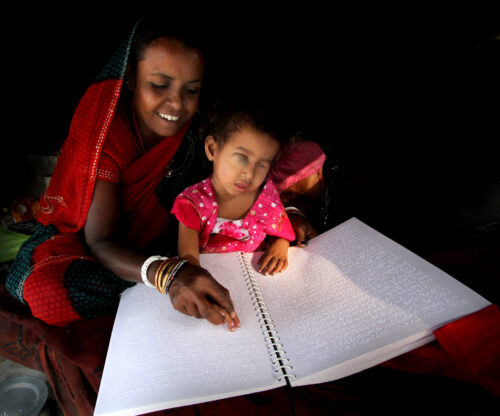Decolonizing Evaluation: 4 Takeaways from a Donor Panel
Over the past few years, a growing chorus of voices calling for the decolonization of aid has…
Over the past few years, a growing chorus of voices calling for the decolonization of aid has…
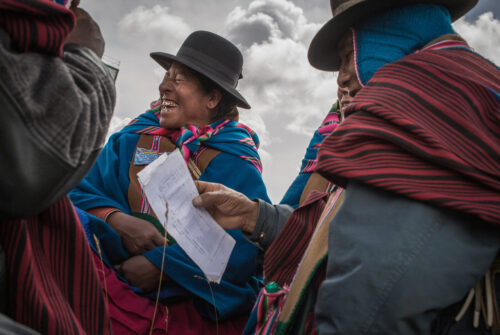
A common concern InterAction hears from implementing Members is how they want to better improve their relationship with USAID. Although…
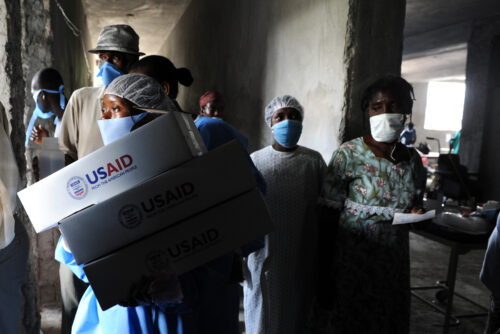
“Local organizations must continue to try to implement projects that generate self-sustainability [and] build more robust alliances, without losing…
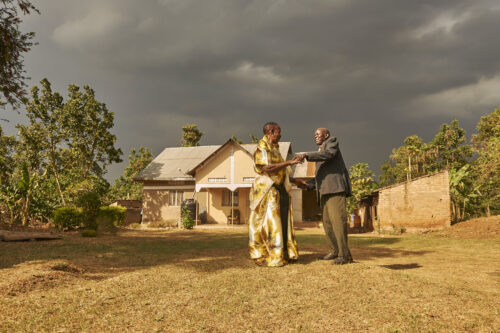
Community centers in Afghanistan are offering a beacon of hope to thousands of Afghans who are trapped in harmful cycles…
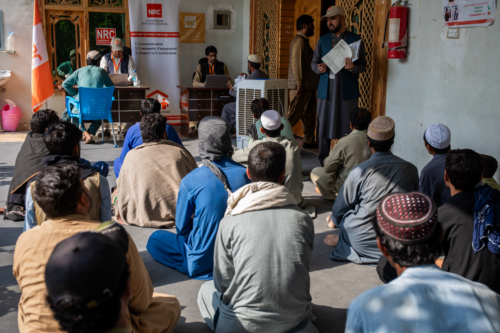
Armed conflict, climate change, food insecurity, and recent…
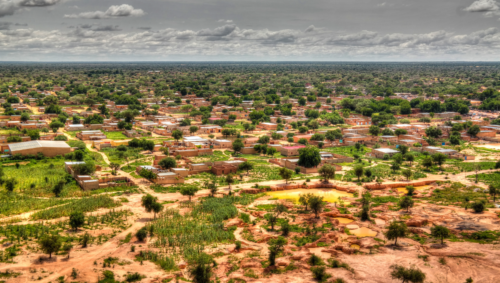
There are more children on the move today than ever before. Of the 110 million people currently…
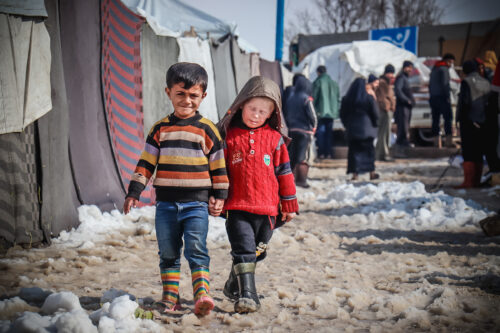
Colombia has the second highest number of internally displaced people (IDPs) in the world due to a…

This toolkit is geared toward national and local organizations. It is primarily designated for use by the 38 national organizations involved in the SPSEA project. It may be of use to PSEA, safeguarding and/or protection focal points, where they exist, or staff in other roles designated to organizational PSEA and safeguarding tasks. It will be of particular use also to senior managers with the overall responsibility for PSEA and safeguarding. It can also be useful for program staff and operational or administrative staff to fulfil the specific PSEA functions related to their roles.
While the NGO sector can certainly do more to advocate for and represent people with disabilities, there are some organizations…
